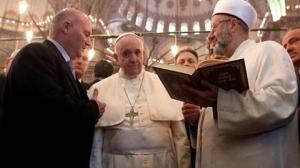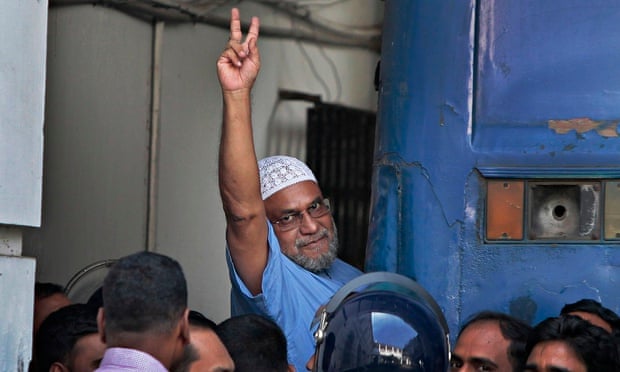By Kyle Herda
Impunity Watch Reporter, Europe
ATHENS, Greece – Protests in Athens have erupted into violent clashes with police today on the anniversary of an unarmed teenager being killed by a police officer.

On December 6, 2008, 15-year-old Alexandros Grigoropoulos was shot and killed in Athens. Grigoropoulos and a friend were arguing with two police officers and one officer went back to his patrol car to get a gun, then returned and shot Grigoropoulos dead. Violent protests lasted for two weeks following the killing. Epaminondas Korkoneas, the police officer who killed Grigoropoulos, is serving a life sentence for the murder. Vasilis Saraliotis, the other police officer involved in the incident, is serving a 10 year sentence for accessory to murder.
Now, nearly 6,000 people are protesting in Athens again to mark the anniversary, and around 18,500 police officers are ready for the protests. Marches turned violent as protesters broke into a clothing store and stole clothes to burn in the street. The neighborhoods of Exarchia and Thessaloniki have held most of the fighting, with police firing tear gas and pepper spray. Over 200 protesters have been arrested, and so far no casualties have been reported. Fighting and protests appear to be going strong into the night.
Prime Minister Antonis Samaras is going to meet with the parents of Nikos Romanos, a friend of Grigoropoulos who was present for his killing. Followers of Romanos have been some of the leaders of current protests, as Romanos is currently being hospitalized due to a hunger strike that has lasted nearly a month, and he was imprisoned anyways due to participation in a bank robbery including a hostage early last year.
For more information, please see:
Huffington Post – Violent Protests Mark Anniversary of Police Killing in Greece – 6 December 2014
BBC – Clashes at Greek Protests to Mark Police Shooting – 6 December 2014
ABC News – Protests in Greece on Police Shooting Anniversary – 6 December 2014
The Telegraph – Violence Erupts in Greece – 6 December 2014
Greek Reporter – Alexandros Grigoropoulos: The Killing that Shook Greece – 6 December 2014



